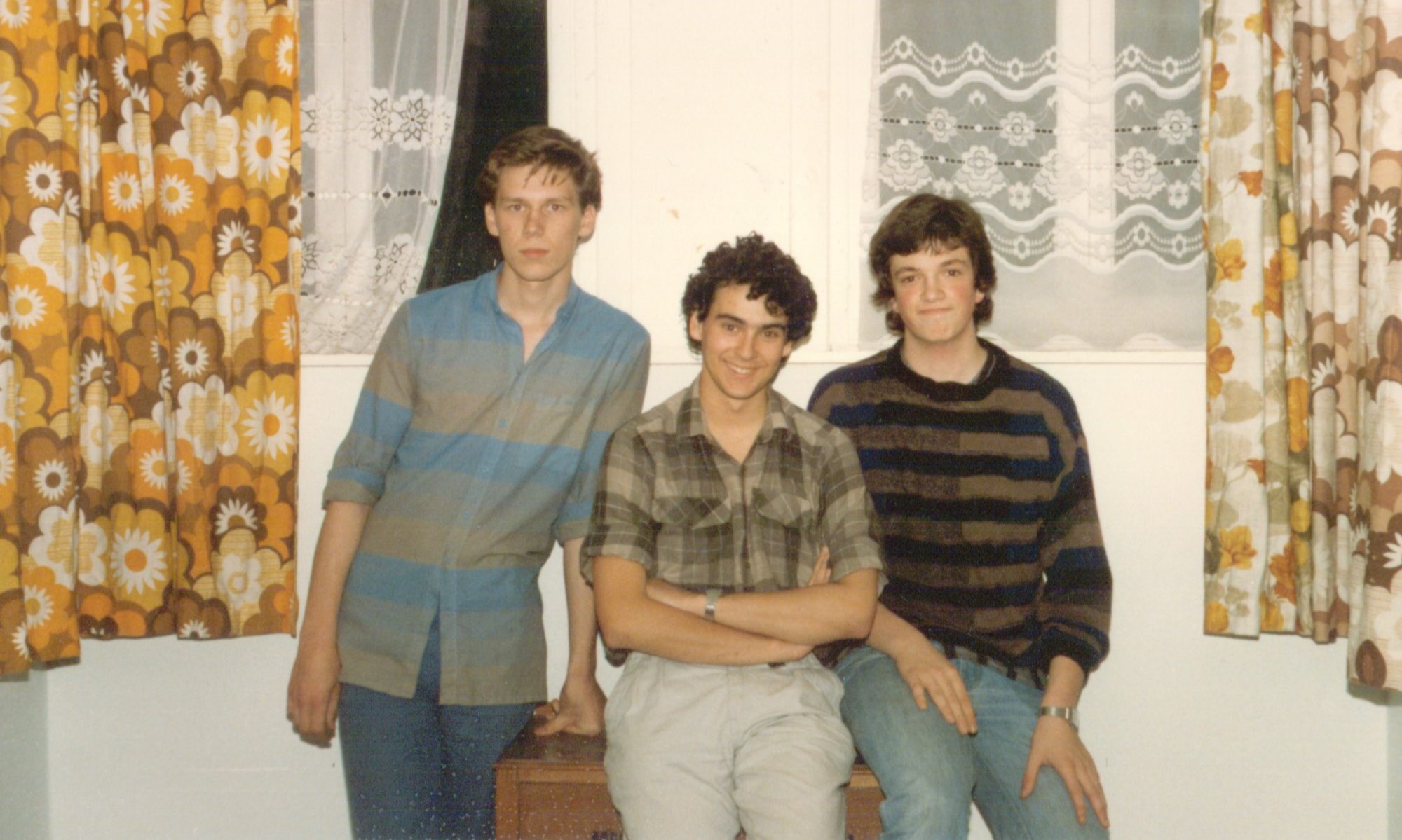I had a request from one of my sons recently where he was struggling to find something on Google (other search engines are available just not as comprehensive) and asked me to see what I could find. If there was a university degree in finding things on Google I’d have a first with distinction.
What was interesting about this was that both my sons are very intelligent and have grown up with search engines so the request could only be one of two things: laziness or a failure in the simplicity of the interface. Given the nature of the request I discounted the first option and anyway it was never going to be quicker to ask me than to just do it yourself, right ;-).
The Google interface is deceptively simple – type in some words and a list comes back of things Google thinks are relevant to your search. Searching for human google interface, for example, brings back “About 103,000,000 results” – that’s a lot of pages to wade through sifting the wheat from the chaff. Gone are the days of finding a Googlewhack. However, searching for “human google interface” returns only 85 matches. That amount I can sift through.
And there is the issue in two quotation marks. The real real power of Google lies not in being able to type in the search box but in being able to harness the power of the search operators to get a list of results that is both manageable and meaningful. So while Google is an amazing resource much of the usefulness is trapped behind that simple text box and until they, and other search engine providers, discover a way to humanise it then it will remain that way.
It will make someone enormously rich.

